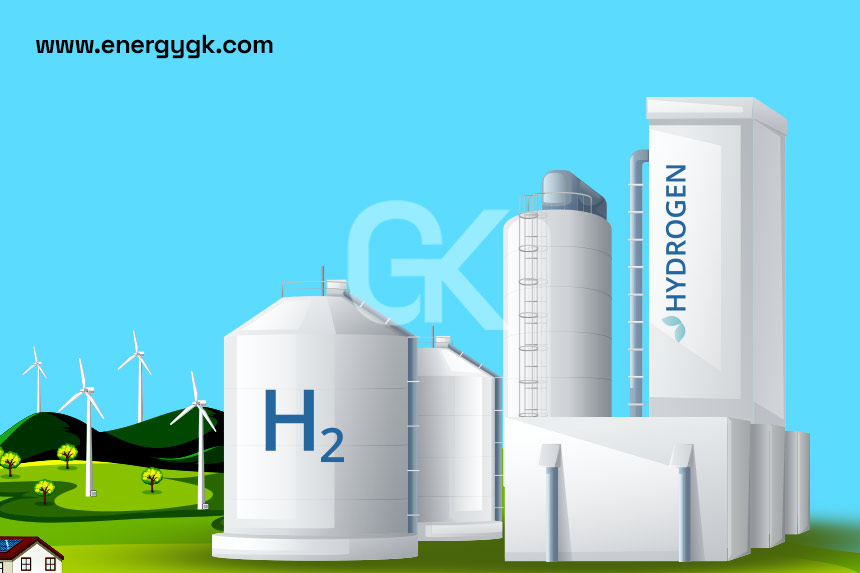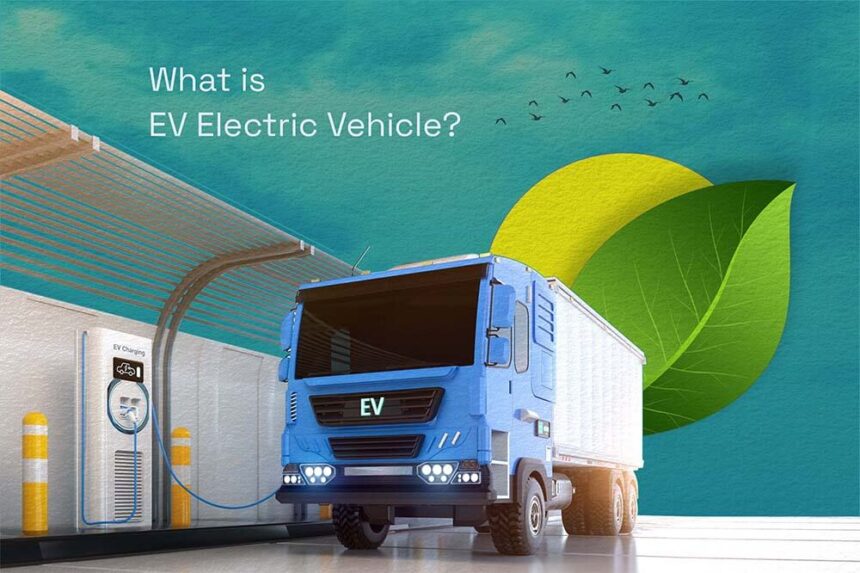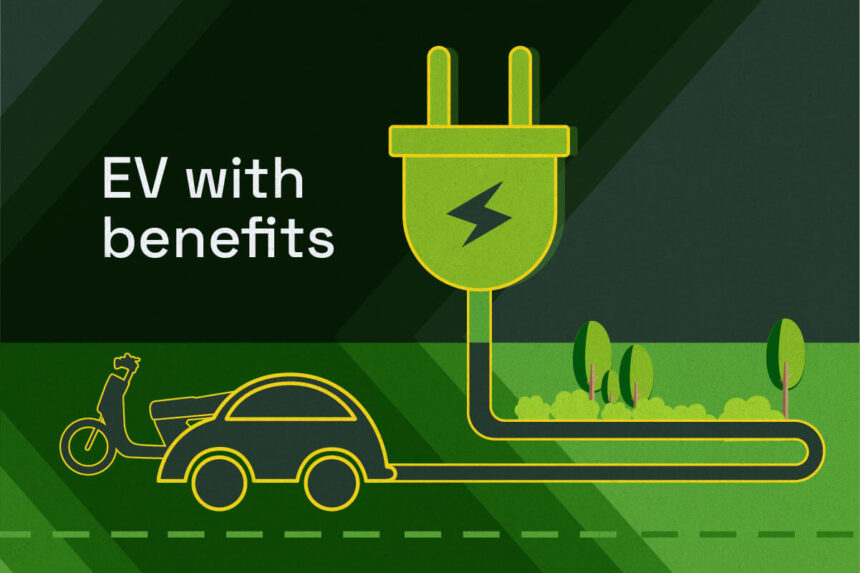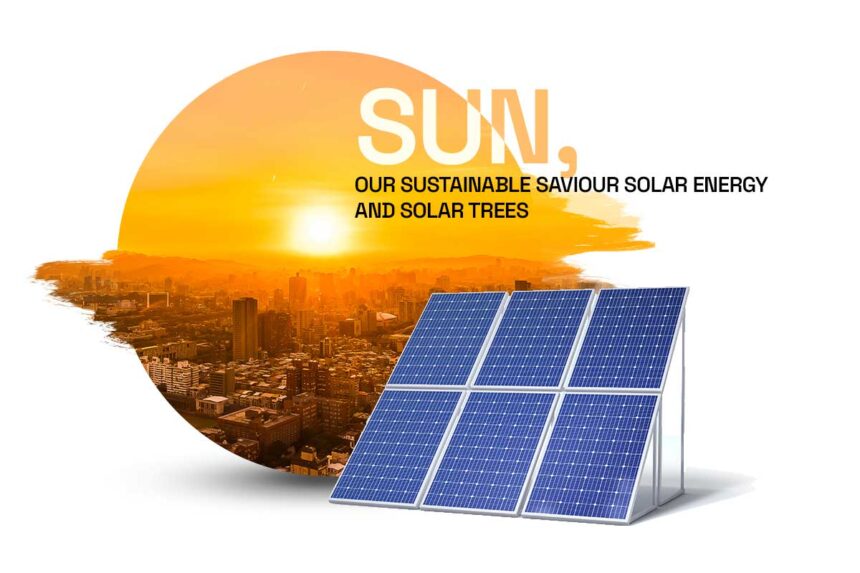Solar energy stands out as a ray of resilience and hope in the face of an increase in natural disasters and the demand for energy independence. The implementation of renewable energy sources specifically solar power is crucial for improving disaster preparedness and promoting energy self-sufficiency as communities across the globe struggle with the consequences of climate change. This article explores how solar power can change our approach to disaster preparedness and sustainable energy solutions as well as the critical benefits it offers in these situations.
What Makes Disaster Preparedness Important?Planning ahead and putting mitigation measures in place for both natural and man-made disasters are essential components of disaster preparedness. Natural disasters such as hurricanes floods earthquakes and others can cause power outages that deprive communities of basic services. Having a dependable and independent energy source is essential in these kinds of situations.
Sunlight: A dependable source of energy. When it comes to disaster preparedness solar power stands out because of a number of important benefits.
Dependability and Resilience: Because solar power systems can run off the grid there will always be energy available even when there are blackouts. Critical infrastructure including hospitals emergency response centers and communication networks depends on this resilience.
Speedy Implementation: In disaster-affected areas solar panels and related equipment can be swiftly installed. Light and vital device power is provided instantly with solar-powered emergency kits and portable solar generators.
Decentralization of energy production is facilitated by solar power. Communities can produce their own electricity and avoid being dependent on the central grid which lowers the possibility of widespread blackouts during emergencies.
Improving Self-Sufficiency in Energy. An entitys capacity to meet its energy needs independently of outside sources is known as energy independence. To achieve this objective solar power is crucial:.
Enough and Sustainable Energy: An endless supply of energy is provided by the sun. Communities can become more self-sufficient by using solar power to lessen their reliance on imported energy and fossil fuels.
Economic Benefits: Purchasing solar energy lowers long-term energy expenses. There are significant long-term savings because after the initial installation is finished there are little maintenance and operating costs.
Effect on the Environment: Clean renewable energy comes from solar power. Contributing to international efforts to tackle climate change it lowers carbon emissions and minimizes the environmental impact.
Case Studies: The Use of Solar Energy. Solar power is a useful tool for energy independence and disaster preparedness as shown by these several successful examples:.
Rico del Sur: Puerto Rico rebuilt its energy infrastructure using solar energy after Hurricane Maria devastated the island in 2017. In remote locations solar microgrids were set up to supply communities cut off from the main grid with dependable power.
Japan: Japan boosted its investment in solar power and other renewable energy sources after the Fukushima nuclear accident in 2011. Since then solar energy installations have become increasingly important in maintaining energy security and lowering dependency on fossil fuels and nuclear power.
USA: Following Hurricane Sandy in 2012 numerous U. S. S. States put solar power projects into action to increase their resilience to disasters. For instance New York City started programs to add solar power to emergency preparedness plans and install solar panels on public buildings.
Conclusion
Strong disaster preparedness and energy independence are more important than ever as the frequency and severity of natural disasters rise. A workable and long-term answer to these problems is provided by solar energy. Communities can improve their resilience guarantee a steady supply of energy during emergencies and progress toward a more sustainable and self-sufficient future by investing in solar energy infrastructure. Adopting solar power is a pledge to a safer and more prosperous future not just a step toward energy independence.






